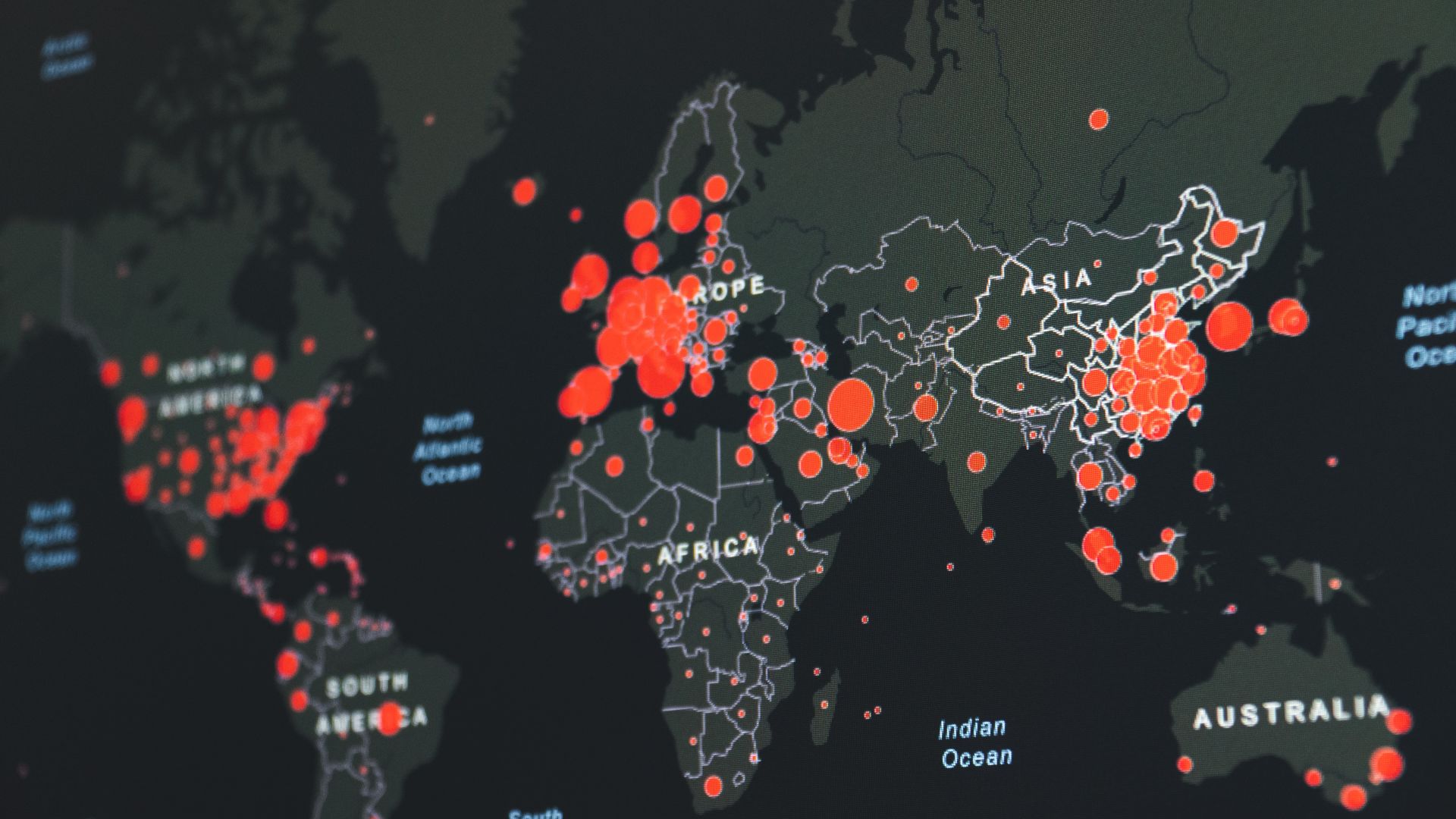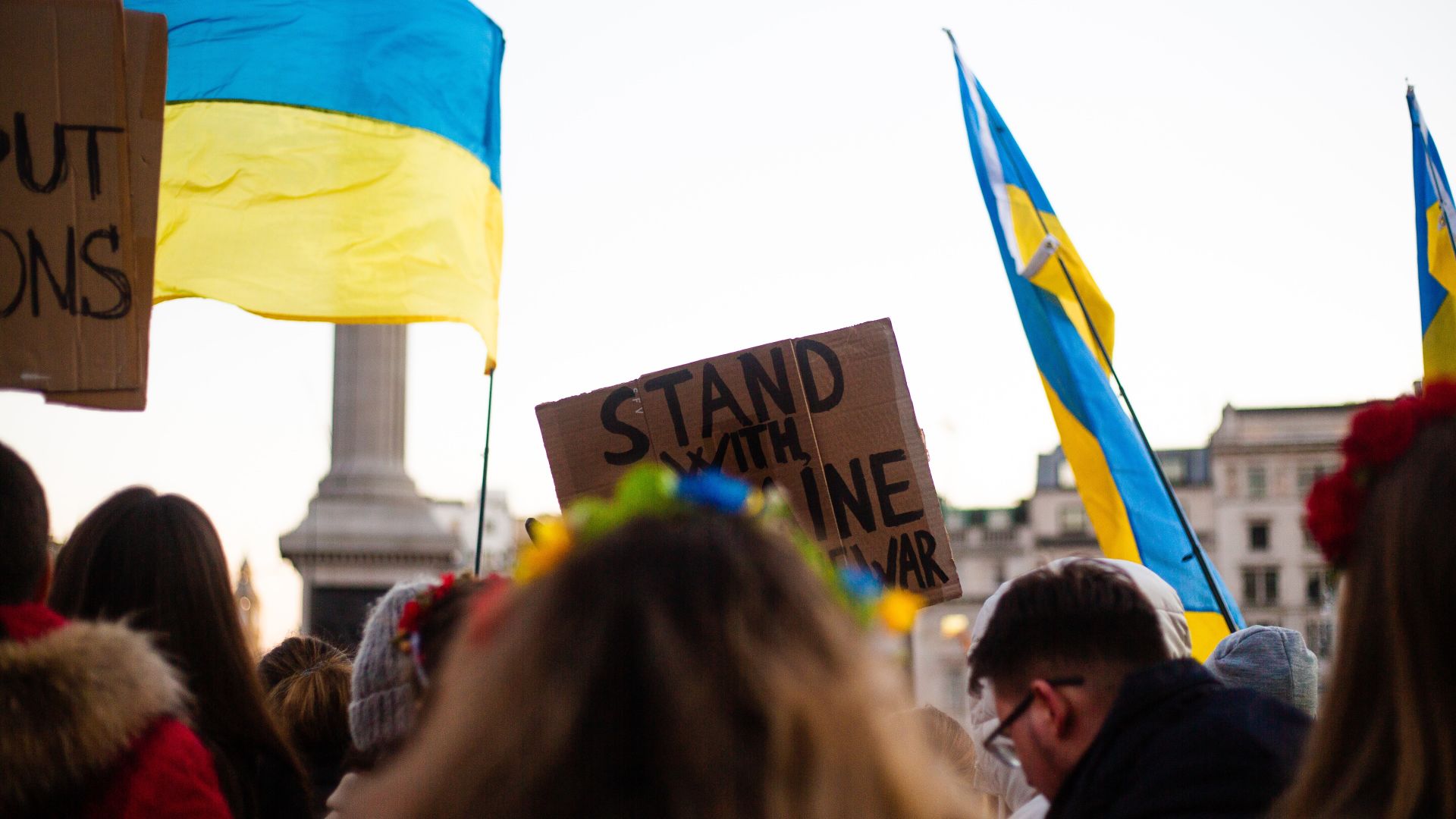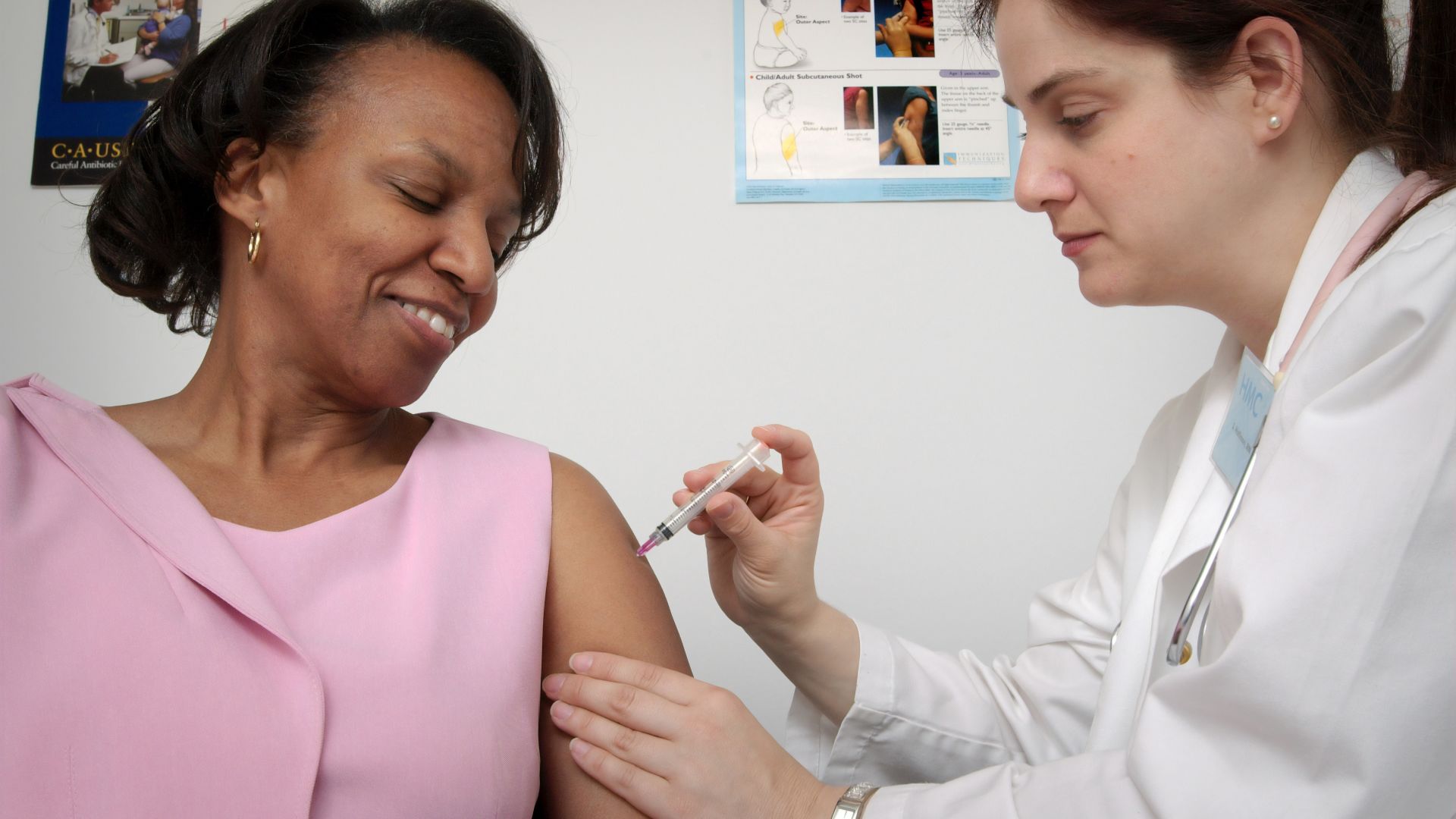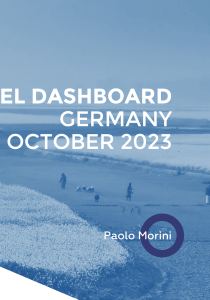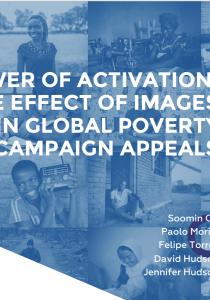
This week the United States government confirmed its plans to withdraw from the World Health Organisation, setting in motion what many in the global development community fear will be one of the most isolationist gestures yet undertaken by the Trump administration.
And yet, as the government turned away from the largest global health coordinating body in existence, a Development Engagement Lab survey revealed that 64 percent of Americans believe international cooperation is now ‘more important than ever.’
It’s a surprising result, given the administration’s staunch, ‘go-it-alone’ rhetoric throughout the COVID-19 crisis. The same sentiment is echoed in Great Britain - DEL surveys from April showed a similar pivot toward the global community, with 79% reporting that they would feel safer with at least some global cooperation This is despite the UK’s own battle with Coronavirus, not to mention years navigating its exit from the European Union. Not a coincidence? It’s too early to say whether the publics of these countries – two of the global north’s most notable isolationists at the moment—are perhaps growing disillusioned, and that a global pandemic might well be serving as a wake-up call.
A bipartisan outlook… in the U.S.?
To call anything related to global cooperation ‘bipartisan’ in the U.S. at the moment sounds almost too good to be true, but a closer look at the data, split by political party, reveals something interesting.
The sentiment that international cooperation is more important than ever unsurprisingly resonates most with Democrats, but more intriguingly, Republicans (keeping in mind that not all self-identifying Republicans jibe with Trump’s isolationist foreign policy) also favour a look outward, though less fervently. Still, that a message of support for international cooperation finds a sympathetic majority in the major U.S. political parties undeniably offers an opening for international development organisations, particularly those shifting their work to fit within the COVID-19 frame. After all, Counter to expectations, only 13 percent of Republican respondents rejected a move toward international cooperation. Read that again. In an era of partisan politics that seems almost reflexively polemic, a unifying message is rare to the point of miraculous, regardless of whether it turns out to be short-lived.
The undecided
Another point of insight in the data is the 29 percent of Republican respondents who ‘neither agree nor disagree’ that international cooperation is more important than ever. The proportion of fence-sitters among non-Democrats is also significant, but no party comes close to the undecideds in the Republican cohort. Why? Is this a political sea-change, caught mid-shift? It’s possible this is a sign that those hardened against overseas cooperation are softening. Another explanation could be that the Republican party attracts people who are historically indifferent to or unaware of international cooperation, and that this is the status quo.
A closer look at the language
It’s likely language makes all the difference when looking at the partisan divide – and lack thereof – in this U.S. data. In the same survey, we asked respondents whether being part of an international response to the pandemic would make them feel safer. Again, most agreed that they would prefer a coordinated, global response. Overall, this is encouraging news. But when we segmented the question again by party identification, something different happened. Bipartisan desire for international cooperation is lost, as Republican respondents retreat to something more resembling the current party platform: 41% disagree that they would feel any safer with more global cooperation.
We can only suppose why the language in this question -- whether respondents feel safer with an international response -- put off Republicans more than the question that asks international cooperation is ‘more important than ever.’ Our theory is that the word ‘safer’ perhaps suggests vulnerability or weakness in the country’s response to the virus, and so triggers more conservative attitudes about national independence and self-reliance on the world stage.
Whatever the reason, for those working in international development or promoting global cooperation, the findings uncover a very thin margin between messaging that divides and messaging that makes the most of a sensitivity to partisan affiliations. Regardless of the global development community’s need to maintain sympathetic audiences, here is a rare opportunity to reach across the divide.






